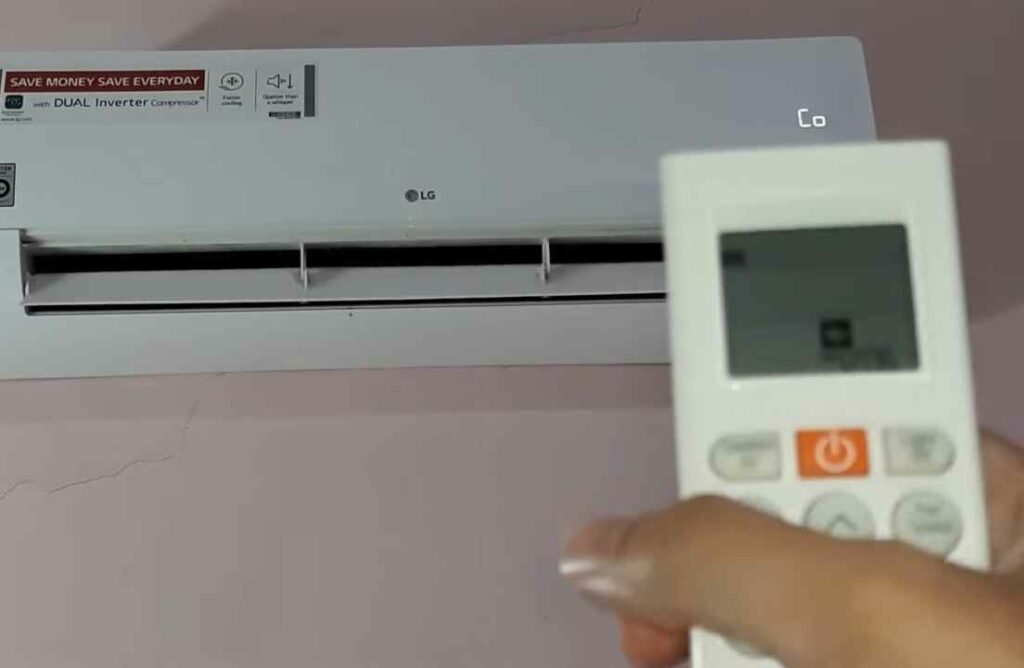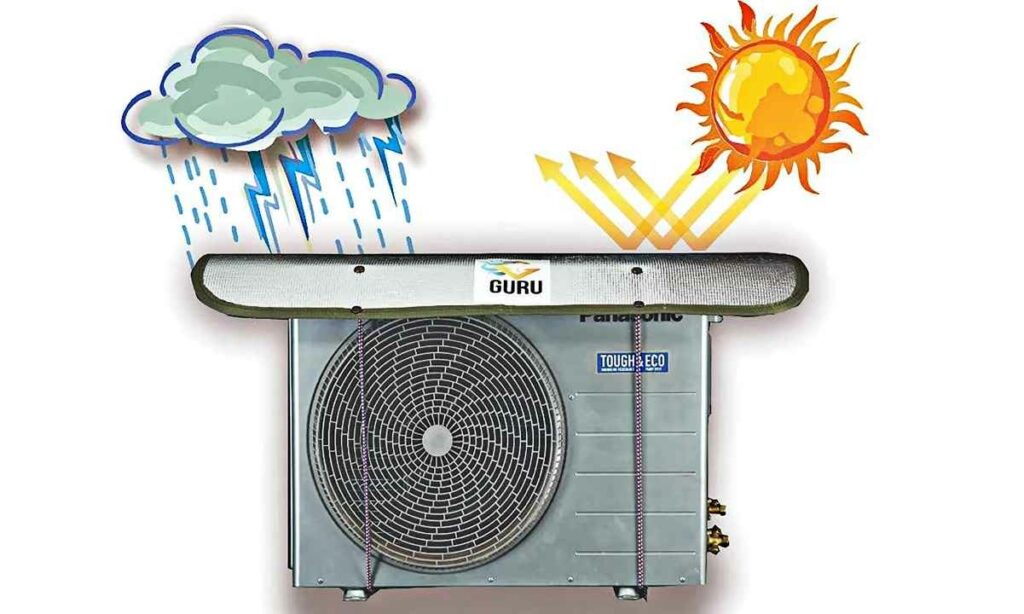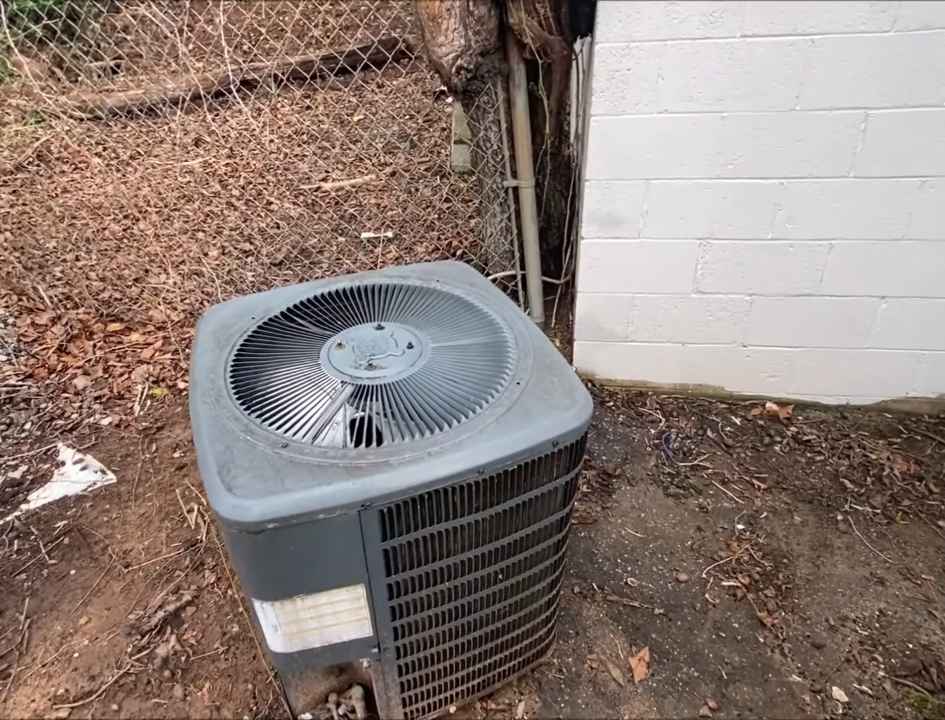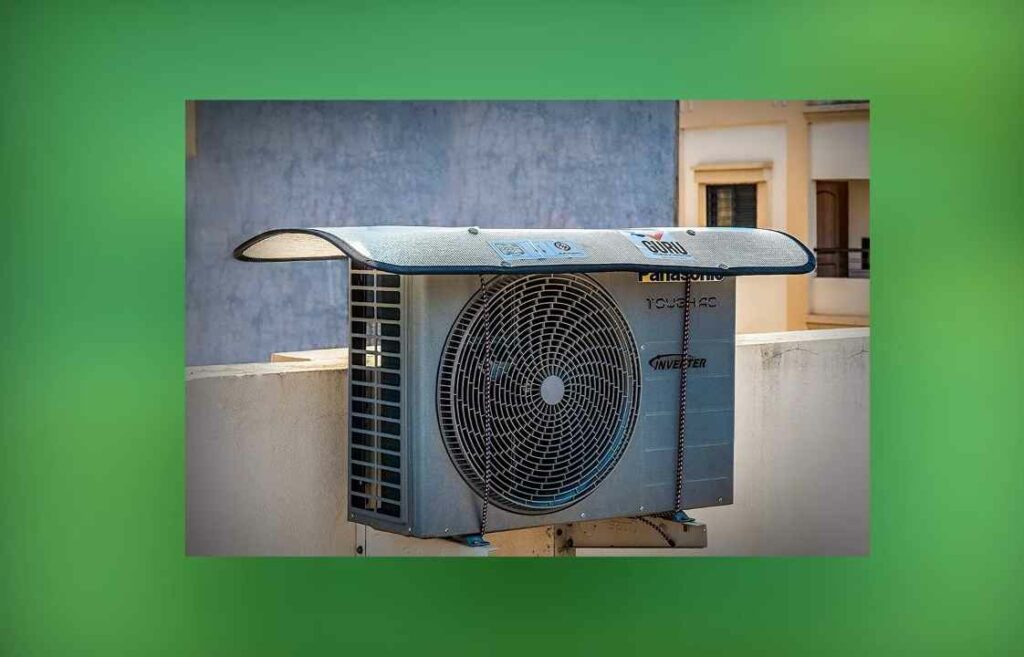Yes, you can run your air conditioner when it is raining outside.
There are a few things to keep in mind, however, to make sure that your AC unit is running properly and not overworking itself.
As the weather changes, it’s important to know how to properly operate your AC unit.
Rain can affect the performance of your AC system in various ways, such as damaging the outdoor unit or causing electrical issues.
Additionally, running your AC during a storm can pose safety hazards, such as the risk of lightning strikes or flooding.
However, there are also advantages to running your AC when it’s raining, such as reducing humidity and improving indoor air quality.
In this blog post, we’ll discover whether can I run my AC when it’s raining, and how to safely run my AC during rainy weather.

Will rain damage a window air conditioner
Yes, rain can damage your air conditioner in a number of ways.
First, if water gets into the electrical components of your AC, it can cause a short circuit.
Second, water can rust the metal parts of your AC, causing it to break down over time.
Finally, if water gets into the compressor, it can damage the compressor and reduce the efficiency of your AC.
So, what can you do to protect your AC from rain damage?
First, make sure that your AC is properly installed and that there are no gaps or holes through which water can enter.

Second, keep your AC covered when it’s not in use.
And finally, if your AC does get wet, make sure to dry it off as soon as possible to prevent any long-term damage.
Can you run ac during thunderstorm?

No, you should not run your air conditioner during a thunderstorm.
Not only is it a waste of energy, but it could also pose a safety hazard.
If lightning strikes your home, it could travel through the electrical lines and damage your AC unit.
Additionally, thunderstorms can bring high winds that could damage your AC unit or even cause it to become dislodged from your home.
Can you use a portable air conditioner when it’s raining?
Yes, it is safe to use a portable air conditioner when it’s raining.
Rain alone will not harm the internal parts of the unit, and the electrical components of the unit are designed to withstand the element.

However, it is important to ensure that the unit is in good working condition and is protected or maintained properly.
If the rain is severe enough to leave standing water around the unit, it would be wise to power it down.
Severe weather conditions, such as lightning strikes, can also be a concern as they can damage the control panel and corrupt the entire system.
Therefore, it is best to turn off the unit during a thunderstorm.
What happens if my ac gets wet?
If your AC gets wet, it’s important to act quickly to prevent further damage.
First, turn off the power to the unit. Then, remove any standing water from the unit and the surrounding area.
Next, use a wet/dry vacuum to remove any water from the unit itself.
Finally, allow the unit to dry completely before turning the power back on.
If you don’t act quickly, you risk damaging the unit beyond repair.
Water can cause rust and corrosion, which can lead to expensive repairs or even replacement. In extreme cases, water can even cause an electrical fire.
So, if your AC gets wet, don’t take any chances – take action immediately.